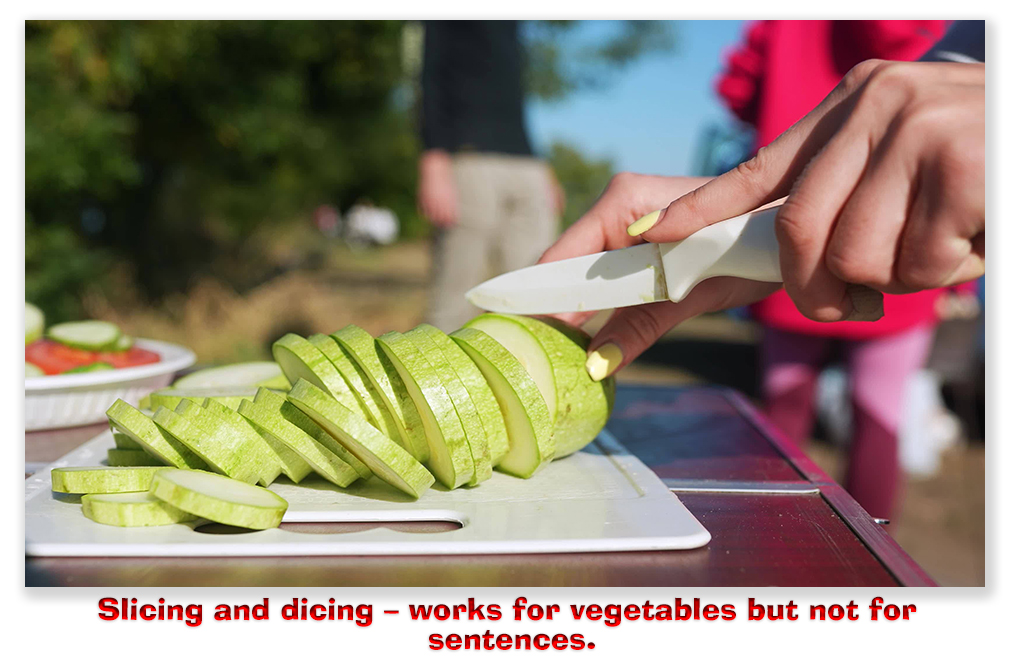We post news and comment on federal criminal justice issues, focused primarily on trial and post-conviction matters, legislative initiatives, and sentencing issues.

2ND CIRCUIT DASHES § 924(c) HOPES FOR FTC CREDITS
Everyone knows that the First Step Act excluded people with 18 USC § 924(c) convictions (using, carrying or possessing a gun during and in relation to a drug offense or crime of violence) from getting FTCs (also called FSA credits). And, no, there is no move afoot in Congress to change as much as a jot or a tittle of First Step, especially § 924(c) eligibility.
 But § 924(c) sentences have to be served consecutively, leading a number of inmates to make the reasonable argument that they should be denied FTCs only during the part of their sentence that represents the § 924(c) sentence. So if you got 84 months for selling marijuana and a consecutive 60 months for carrying a gun while you did it, the argument is that you should be allowed to earn FTCs for 84 months, the non-924(c) part of the sentence.
But § 924(c) sentences have to be served consecutively, leading a number of inmates to make the reasonable argument that they should be denied FTCs only during the part of their sentence that represents the § 924(c) sentence. So if you got 84 months for selling marijuana and a consecutive 60 months for carrying a gun while you did it, the argument is that you should be allowed to earn FTCs for 84 months, the non-924(c) part of the sentence.
That’s what Charles Giovinco argued in a district court. He got shot down, and last week, the 2nd Circuit agreed. The 2nd ruled that under 18 USC § 3584(c), “multiple terms of imprisonment ordered to run consecutively or concurrently shall be treated for administrative purposes as a single, aggregate term of imprisonment. Pursuant to this aggregation provision, a prisoner is serving a sentence for any offense that is part of his aggregated term of imprisonment. Accordingly, the Bureau of Prisons must aggregate a prisoner’s sentence pursuant to § 3584(c) for the administrative purpose of determining his eligibility for FSA time credits under § 3632(d)(4).
Giovinco v. Pullen, Case No. 23-251, 2024 U.S.App. LEXIS 25348 (2d Cir. Oct 8, 2024)
– Thomas L. Root

